Still attractive
According to the Securities and Futures Commission and HKEX, as of 2022, there have been 51 newly listed ASEAN enterprises on the Hong Kong bourse since 2018.
IPO partners from major business advisory firms, such as PwC and EY, say that ASEAN firms have an edge in company valuation and corporate image when pursuing dual-primary or secondary listings in Hong Kong.
"This gives ASEAN enterprises stronger exposure to international markets, access to a larger pool of global investors, and free capital flow," PwC Hong Kong Entrepreneur Group Leader Benson Wong Wai-bong says, adding that listing in the SAR can enhance corporate credibility as the city adheres to world standards and stringent regulatory requirements.
EY Global IPO Leader George Chan says, "By going public in Hong Kong, ASEAN companies can be potentially selected to participate in the stock connect programs for opening up access to the Chinese mainland's institutional and retail investors, as well as business opportunities on the mainland."
Wong notes that HKEX can enjoy reciprocal advantages as more ASEAN enterprises list on the city's bourse. He says HKEX can attract global investments and solidify Hong Kong's position as a leading global financial center as ASEAN corporate listings demonstrate confidence in Hong Kong's regulatory framework, corporate governance standards, and market infrastructure.
During Chief Executive John Lee Ka-chiu's ASEAN trip in July, HKEX signed a memorandum of understanding with the Indonesia Stock Exchange, enabling both sides to seek opportunities arising from cross-border listings in the Hong Kong and Indonesian markets.
According to Refinitiv, 70 percent and 25 percent of companies listed on the Indonesian bourse meet the minimum capitalization requirement for listing on Hong Kong's growth enterprise market (GEM) and main board, respectively. This implies huge potential for Indonesian enterprises to seek primary, dual-primary and secondary listings in the SAR.
Indonesian companies from the mining and resources, consumer goods, advanced agriculture, real-estate investment trust (REIT) and hi-tech sectors, are potential listing candidates in Hong Kong.
For Thai enterprises, Refinitv says more than 90 percent of those listed on the Stock Exchange of Thailand meet the GEM's minimum market capitalization requirement for listing, and about a quarter of them meet the capital requirement for a main board listing in Hong Kong. Thai companies in consumer businesses and services, financial services and the REIT sector are seen as the best candidates to take advantage of Hong Kong's fund-raising platform.
Thailand's Big C Supercenter has acquired Hong Kong's grocery chain AbouThai's 24 stores, and has entered the city's grocery market by rebranding the acquired stores as Big C in September. The Thai retail conglomerate says it may list on the city's bourse next year, which would make it the largest Thai enterprise to go public in the SAR.
A positive spillover effect on the real economy can come from dual-primary or secondary listings by ASEAN firms in Hong Kong's equity market.
"Listing more ASEAN firms in Hong Kong can strengthen economic connections, foster partnerships, and facilitate investment flows among Hong Kong, the Chinese mainland and ASEAN member states. Such enhanced regional connectivity benefits both ASEAN and Hong Kong economies, creating new avenues for trade, investment and cooperation," says Wong.
He envisages that if Hong Kong can be admitted to the Regional Comprehensive Economic Partnership — the world's largest free trade bloc — it will increase investor interest in Hong Kong-listed ASEAN firms.
"This will make Hong Kong an appealing listing destination for ASEAN companies looking to access global capital markets and expand their investor bases because potential business opportunities and synergies arising from RCEP could incentivize ASEAN firms to consider listing in Hong Kong," he notes.
ASEAN was Hong Kong's second‑largest trading partner, and export and import market after the Chinese mainland in 2022.
By the end of 2021, ASEAN was Hong Kong's third-largest outward direct investment destination with stocks valued at $76.9 billion. ASEAN's cumulative foreign direct investment (FDI) in Hong Kong totaled $67.2 billion by the end of 2021, accounting for 3.4 percent of the total FDI stock in Hong Kong.
Hong Kong was ASEAN's seventh-largest FDI source in 2021, with an inflow of $8.4 billion.
Eddie Wong Kam-chin, capital markets services partner at PwC Hong Kong, says the promotion of dual-primary or secondary listings can be expected to go beyond ASEAN exchanges.
Many exchanges globally have been exploring and implementing initiatives to attract companies seeking dual or secondary listings that allow companies to have a presence in multiple jurisdictions and access to diverse investor pools.
"Extending the promotion of dual-primary or secondary listings globally enhances global connectivity, facilitates cross-border investments, and strengthens the competitiveness of exchanges in attracting listings from companies worldwide," says Eddie Wong.
He says HKEX should pay attention to the issues of regulatory harmonization, market infrastructure, investor demand, and collaboration between exchanges when considering extending dual-primary or secondary listings globally.
Chan says HKEX needs to go beyond ASEAN countries to stock markets in other regions, such as the Middle East, because Middle Eastern companies and industries are a good fit and supplement the HKEX's current industry mix.
"Middle East sovereign wealth funds have quite a large portfolio of high-tech companies and a variety of other industries that could be the target of HKEX," Chan notes.
Chief Executive John Lee toured the United Arab Emirates and Saudi Arabia in February, resulting in the signing of 13 memorandums of understanding or letters of intent in areas like innovation and technology, business, professional services and logistics.
In September, SEHK announced it had added the Saudi Exchange as a recognized stock exchange, allowing companies with a primary listing on the Saudi Exchange's main market to apply for a secondary listing in Hong Kong. This follows the memorandum signing in February between HKEX and the Saudi Tadawul Group in exploring cross-border listing opportunities, especially for Middle East companies in energy, industrials, and healthcare.








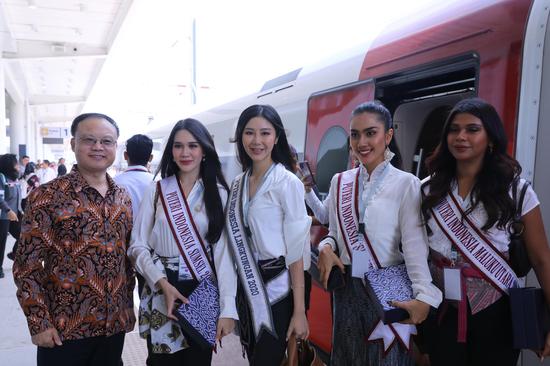

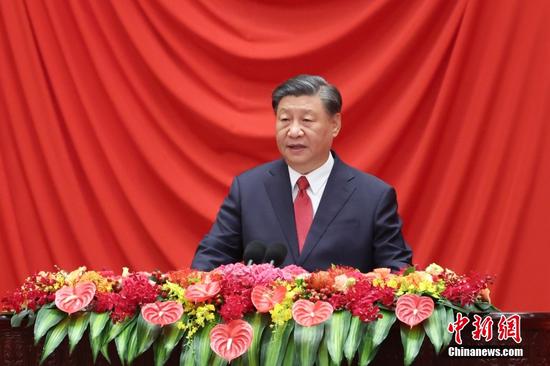

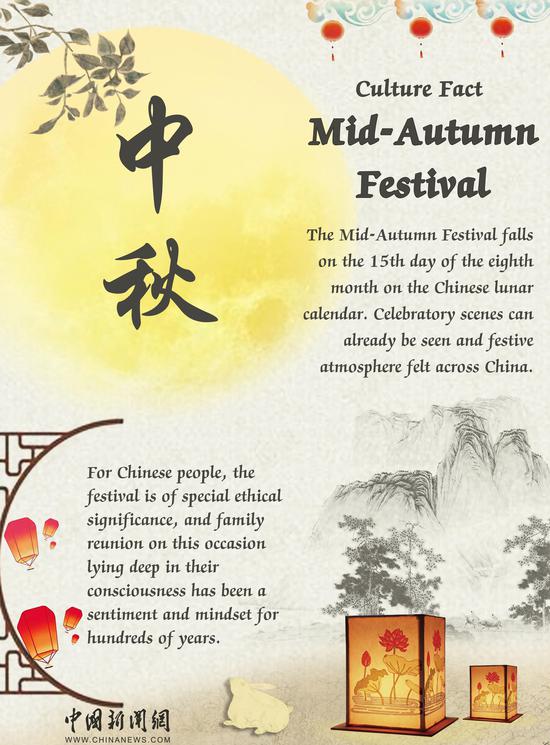
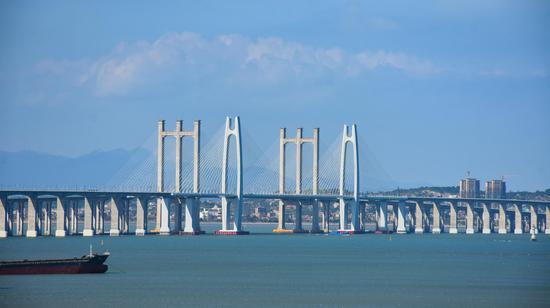


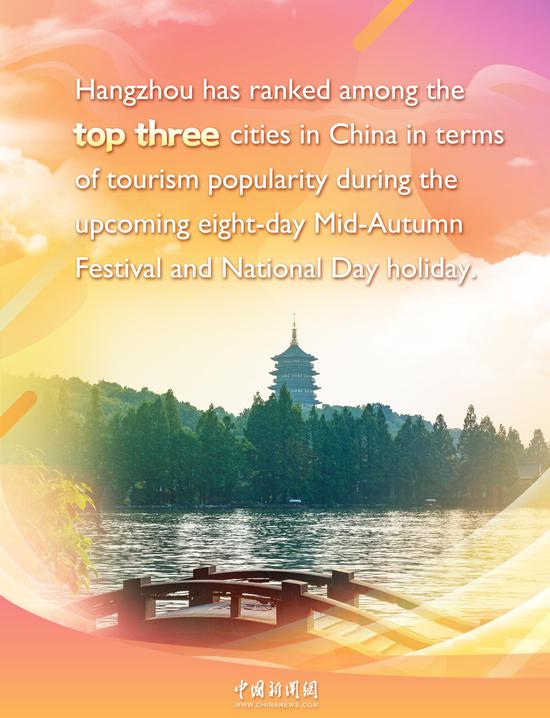
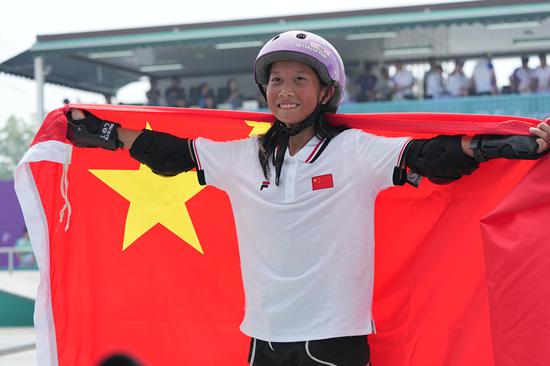



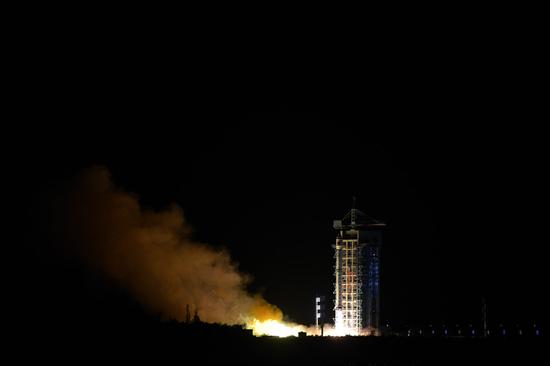

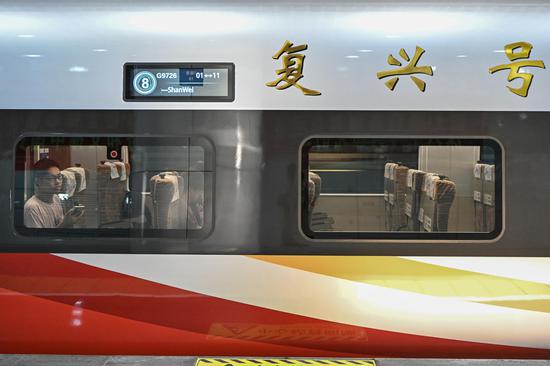








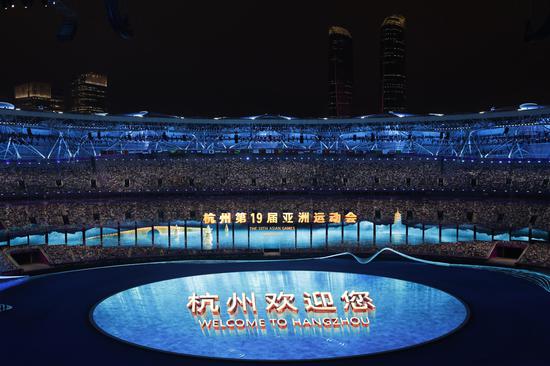



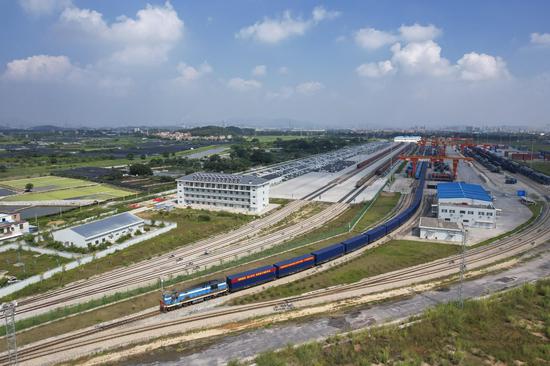
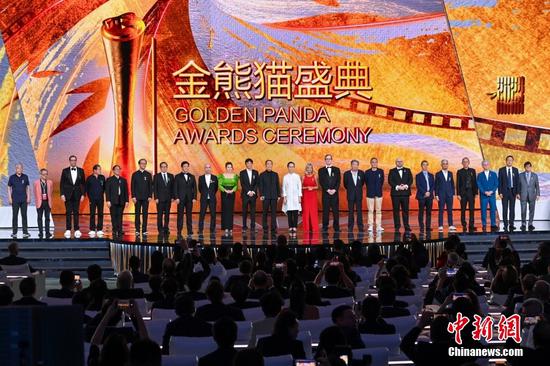



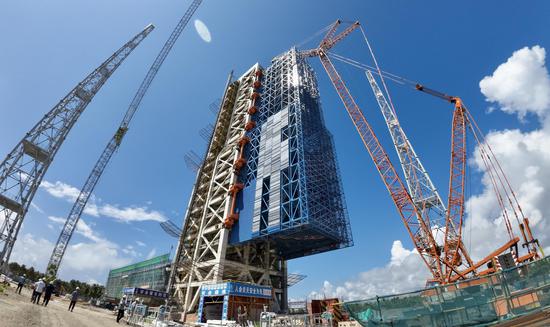
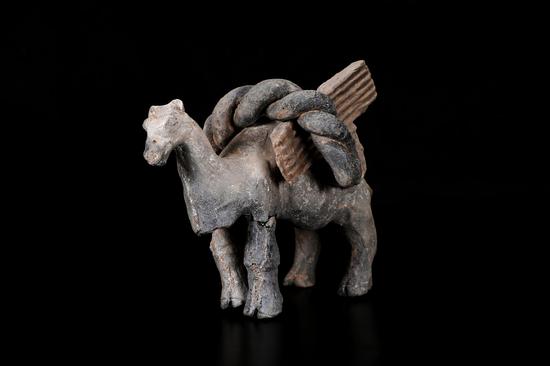







 京公网安备 11010202009201号
京公网安备 11010202009201号